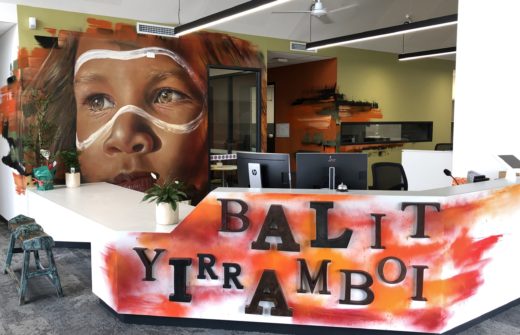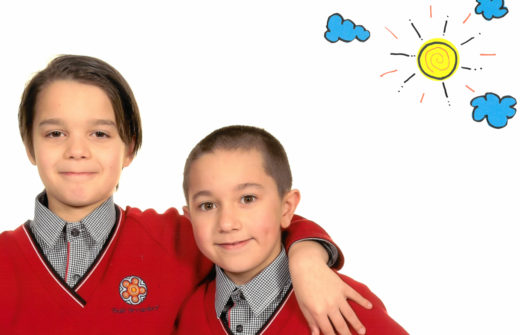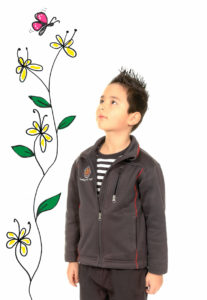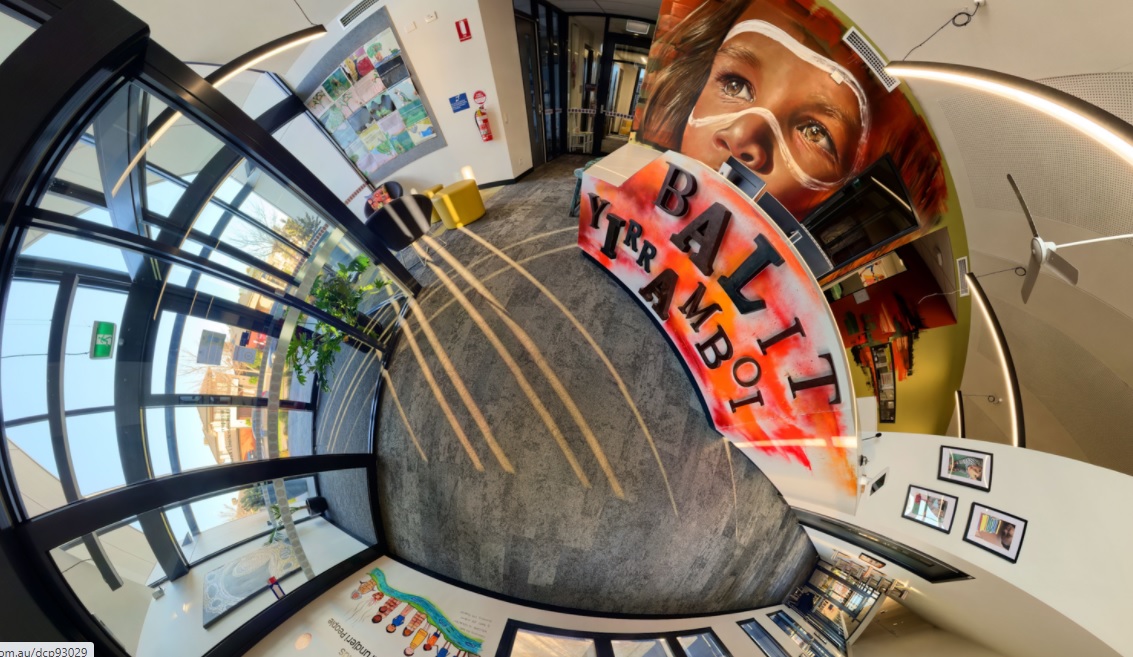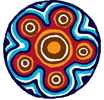For Dohertys Creek P-9 College students, embarking upon Science and Sustainability is a dynamic, collaborative and creative experience, allowing learners to explore and better understand their environment. Science is a unique subject due to the way it is taught and the skill set it develops in learners.
At each year level, scientific understanding is cultivated through an inquiry-based model, designed to instil learners with a curiosity about the world through exploration and experimentation. Students are engaged actively in the learning process by developing investigations and critical thinking. The Science curriculum at DCC incorporates Biology and Earth and Space Sciences. These are taught through engaging and globally relevant topics designed to capture interest for each age group. Classes are hands on for every student with explicit teaching and the use of concrete materials. Technologies are embedded in lessons to scaffold learners of all levels.

